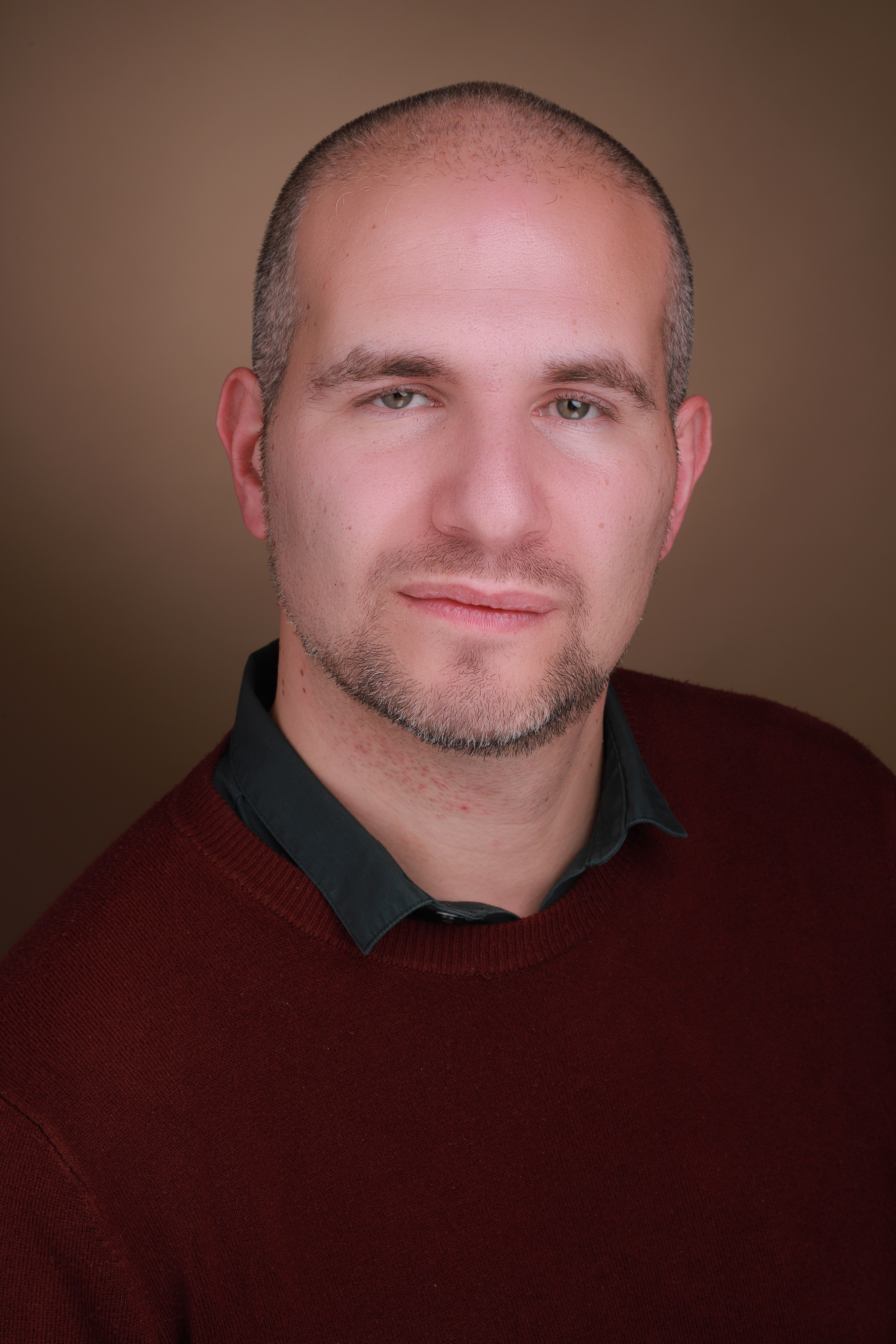Steve Altman is a therapist in London and online
What attracted you to become a therapist?
As a teenager, I was naturally drawn to supporting people through Nightline, a student listening service and the Samaritans. Later on, I became the manager of a respite sanctuary for the suicidal which further inspired me as I saw the great impact that could be had by simply being attentive to the stories of another being.
Where did you train?
The Institute of Psychosynthesis
Can you tell us about the type of therapy you practise?
I had been looking for a long time for a practical psychological model that could help people to use their suffering as a means of bringing them to greater authenticity and self-understanding. I really feel that psychosynthesis therapy fits the bill here.
I really enjoy the process of using psychosynthesis ideas to help clients to both feel their pain, but also to temporarily step out of it in order to get an understanding of what might be trying to fall away in this situation, as well as the authentic part of themselves that is being called in.
I also incorporate my experience as a shamanic practitioner in my therapy work at times - incorporating the shamanic drum, calling in the ancestors and working with dreams.
How does psychosynthesis therapy help with symptoms of depression?
I feel psychosynthesis can especially help people with feelings of depression and inertia by helping them to fully feel their pain and find healing through that process, whilst also reminding them of their passions and what truly brings joy to their lives outside of their early conditioning.
What sort of people do you usually see?
I see clients from a wide range of ages and backgrounds.
Have you noticed any recent mental health trends or wider changes in attitude?
I have noticed that more people feel a lot less shame about sharing their mental health issues. They are often part of support groups and are looking for nourishing ways to support their mental health such as regular exercise and tapping into their creativity.
What do you like about being a therapist?
I really enjoy the great opportunity that being a therapist brings to being fully present to another person and the insights that often drop in for both of us whilst inhabiting that space.
What is less pleasant?
It is difficult to say goodbye to a client when they choose to end because often a deep bond can grow between us. However, there is also a feeling of joy to see someone leaving feeling more confident and comfortable within themselves.
How long have you been with Welldoing and what you think of us?
I've been with Welldoing for about three years and I always enjoy reading the articles in their newsletter
What books have been important to you in terms of your professional and personal development? Do you ever recommend books to clients?
I've enjoyed all books by Irvin Yalom. I also recommend books by Robert Moss to help support clients to understand the world of their dreams.
See Love's Executioner, Staring at the Sun and The Gift of Therapy by Irvin Yalom
What you do for your own mental health?
I find shamanic drumming can be a great way to get a break from my mind and take me to a deeper state of consciousness. I also play the guitar, piano and the native American flute.
You are a therapist in London. What can you share with us about seeing clients in this area?
I have worked with people from a diversity of different backgrounds and ages.
What's your consultation room like?
I see clients in a studio in my garden. My therapy room is a ritualistic space with shamanic drums scattered around and an altar with shamanic objects. I like to think my therapy room is a space where people can take a break from their external roles and any expectations that they feel are weighing upon them. A place to feel safe so that they can fully tune in to their internal world.
What do you wish people knew about therapy?
I wish people knew that a weekly commitment to therapy where they choose to fully bring themselves in can be absolutely life-changing. A space to slowly strip away the beliefs that have kept them small and unheard, opening up to their true voice and supporting them in living a full and creative life.
What did you learn about yourself in therapy?
I learnt to become more embodied. Not needing to continually go to my head for answers, but to be able to trust my intuition more often and to be more comfortable with uncertainty.

